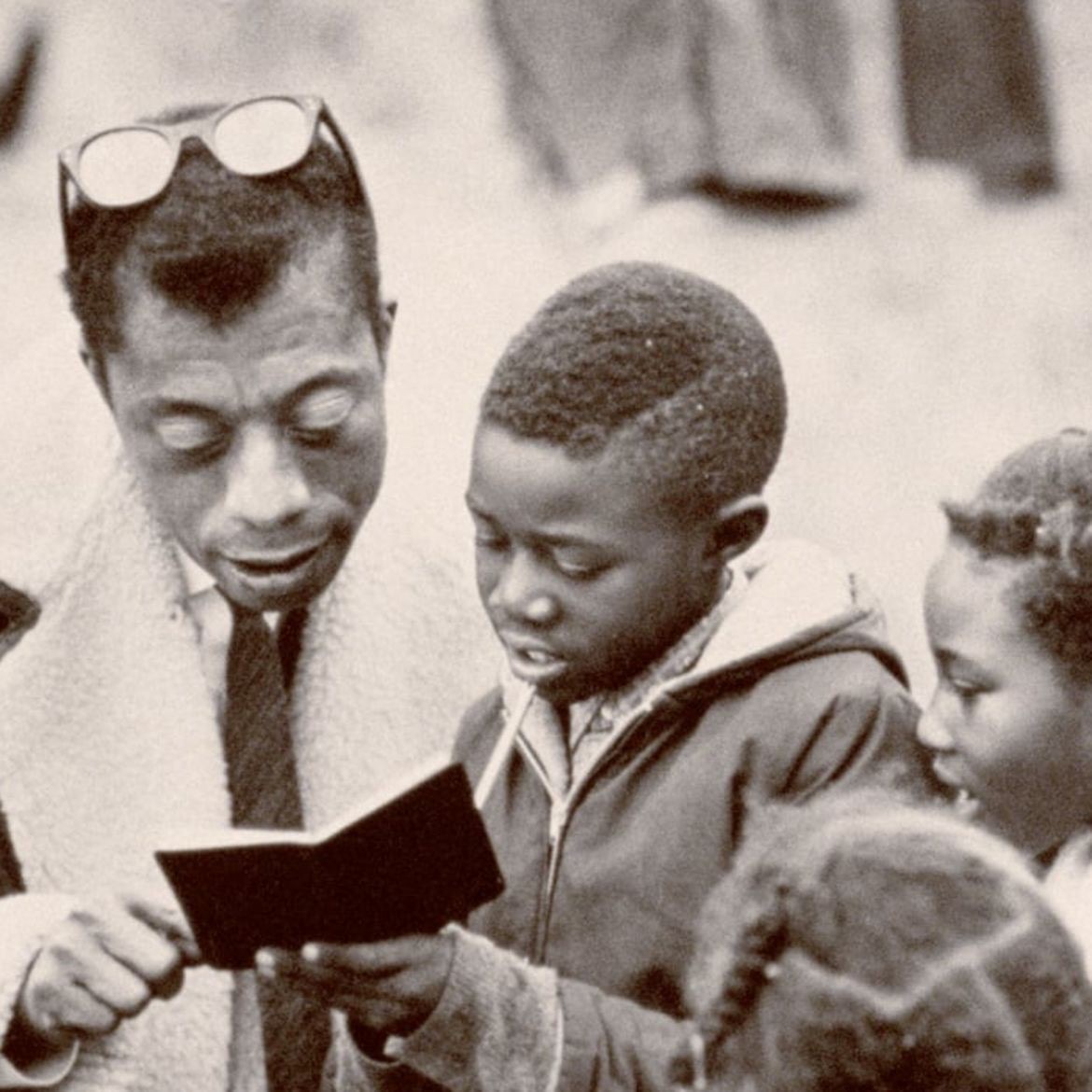“You think your pain and your heartbreak are unprecedented in the history of the world, but then you read. It was books that taught me that the things that tormented me most were the very things that connected me with all the people who were alive, who had ever been alive.” This quote by author and activist James Baldwin has altered the way that I view reading. What was once an activity that I lost passion for after being overwhelmed by reading for school, became essential to the path of developing greater compassion for others and myself.
Slow Down and Read
For many people, especially students, reading can feel like extra work that’s adding to our already busy schedules. We are used to moving fast in a world that’s filled with instant gratification, so taking part in the slow process of reading can be difficult. When I finally forced myself to read during my free time, I learned about how rewarding the experience can be. I have connected with characters who have very different lives from my own, which allowed me to figure out that one does not have to have the same life as me in order for us to understand each other. Through reading, I have gained more compassion for people living with mental illness, incarcerated people, the lonely, the afraid, and those who are confused about their place on this Earth. These circumstances and feelings are often not talked about, which can cause us to forget about people who experience them or if we are the person experiencing them then we feel like we’re alone in our struggles. Reading helps us recognize others while feeling known.
People of Color have Stories too
As a person of color, I often felt frustrated by reading stories about people of color but told through a white lens. Although people of color have our own individual experiences, we have more personal insight on issues that people outside of our communities do not have. I recently began to read books by Maya Angelou and Toni Morrison. Their books didn’t simply tell me that “racism is bad,” something that I already knew, but they put words to the pains of being a Black woman, they guided me to feel my resilience that was sent down to me from past generations, and they helped me to know that I exist beyond oppression. Angelou and Morrison are two important figures who made room for other writers of color to tell our stories, but our stories are often still placed in the shadows. In order to prevent this from continuing to happen, we must uplift writers of color, which is what Noname’s Book Club is doing
Noname’s Book Club
Noname is a rapper from Chicago who started the book club to elevate the voices of people of color. Each month, two books by writers of color are selected and participants in the book club are strongly encouraged to access the books through libraries and local bookstores, rather than supporting large and exploitive corporations. The book club has an online community, but the goal is to have in-person discussions and to build chapters in various communities, including prisons. I have been the owner of Marjane Satrapi’s Persepolis book, but I never took the time to read it until I saw that it was selected by the book club. Before reading Persepolis, Iran seemed like a distant place that I would never know anything about. After reading Persepolis, I began to care deeply about Iran and the people who call the country home. This shows another reason, and possibly one of the most important reasons, for the necessity of reading: in a world pervaded by apathy, reading forces us to care.

